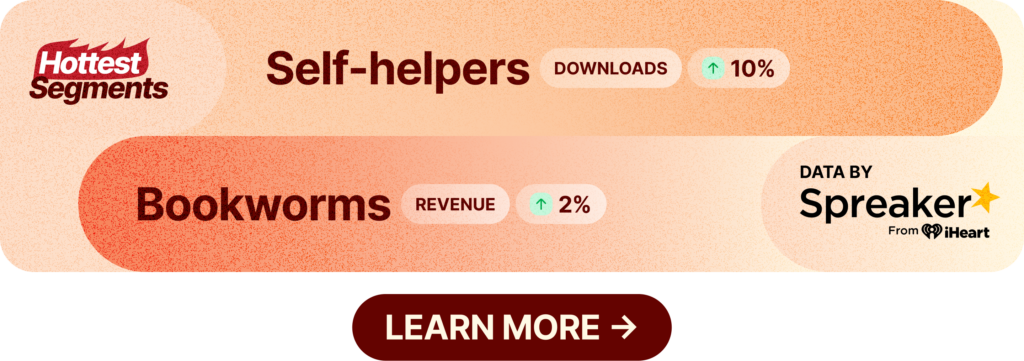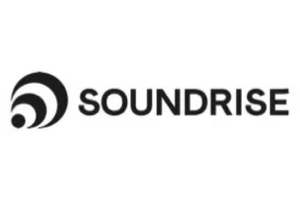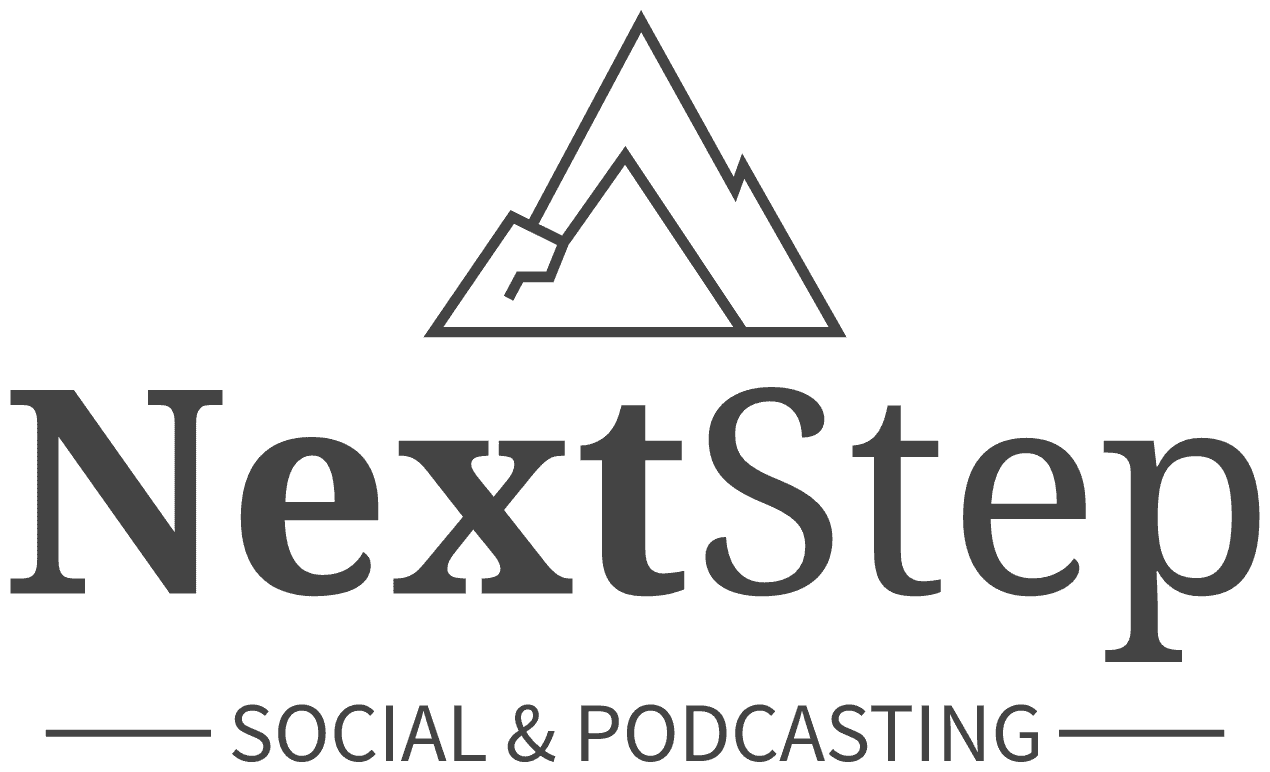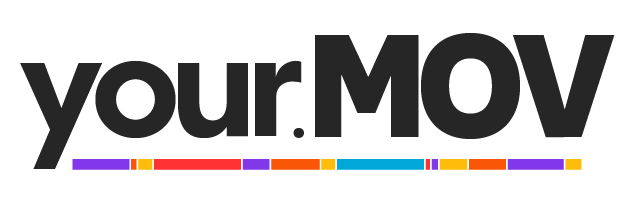The Trade Desk Plans To Lowball SSP Floor Prices
To counteract supply-side platforms (SSPs) tacking on their own costs on top of a publisher’s minimum asking price, The Trade Desk has announced it will start undercutting SSP price floors in its bids. The Trade Desk’s argument is the existing SSP prices are not reflecting of the “real” value of the ad impressions. To get a podcasting perspective, we spoke to Rockie Thomas, Chief Revenue Officer at SoundStack: “While this could work for the top three podcast networks, it will negatively impact the emerging podcast programmatic advertising space as it will limit monetization channels for the rest of the podcast space, particularly the independent creator whose programmatic revenue depends on working with large marketplaces. There are hundreds of quality podcast networks that are not large enough to pay or manage the needed technology stacks. Undercutting the Audio SSPs and Marketplaces trying to grow and serve these podcasters probably has the opposite effect that what is intended.” [Source]
Podcast benchmarking: How did your downloads compare in 2023? By Sharon Taylor
Triton Digital SVP of Podcast Strategy and Podcast Operations Sharon Taylor has posted Omny Studio’s 2023 benchmark data. Highlights include the finding of how many downloads per episode is “good” performance, with the top 1% of Omny podcasts averaging a little over 43,000 downloads per episode in its first 30 days. The top 10% average out to 2,723 downloads per new release in the first month. While the numbers fluctuate when narrowed down by genre or country of origin, the overall picture remains the same: the numbers remain attainable even in a relatively high percentile of podcasting. The top 10% of podcasts in North America, for instance, average just shy of 3,000 downloads in the first month. While Taylor stresses these numbers are just for Omny’s particular corner of podcasting, it does show promising indications that podcasting has not yet reached the dreaded point of oversaturation. [Source]
The New York Times expects ad revenue to continue to decline in 2024 by Sara Guaglione
This Wednesday the NYT published their Q4 2023 earnings, demonstrating that despite continuing growth, the company isn’t bulletproof when it comes to ad revenue. CFO William Bardeen attributes the publication missing its target for Q4 ad sales (down 8.4% year over year) to limited visibility. The Times believes advertisers are still gun shy with placing ads on hard news coverage, and are avoiding topics like conflict in the Middle East. While subscription revenues continue to trend upward, both digital performance and podcast marketing suffered. While previous coverage of the negative effects of keyword blocklists generally focus on smaller publishers, the Times is showing this is a systemic issue in advertising that affects institutions large and small. [Source]
Warner Music to Cut 600 Positions or 10% of Staff by Ashely Carman
Most of the announced reductions will affect company websites like Uproxx, HipHopDx, and an unnamed podcast network under the Warner banner. The decisions are in service of saving $200 million in annual costs. Universal Music Group is also expected to announce cost saving measures of their own this year. In similar cost-cutting news, UMG has changed the TikTok landscape with a recent contract negotiation breaking down. As of February 1st, every licensed song represented by UMG was removed from the platform, stalling out several current viral trends (including a Saltburn-inspired resurgence of Murder on the Dancefloor) by removing the official sounds and muting hundreds of thousands of existing videos with UMG content. [Source]








































































































































































































